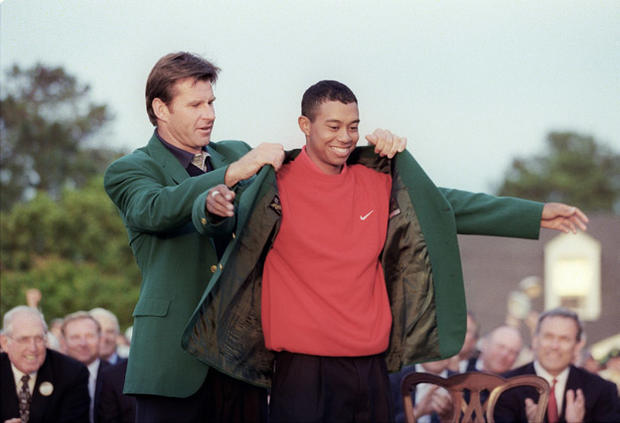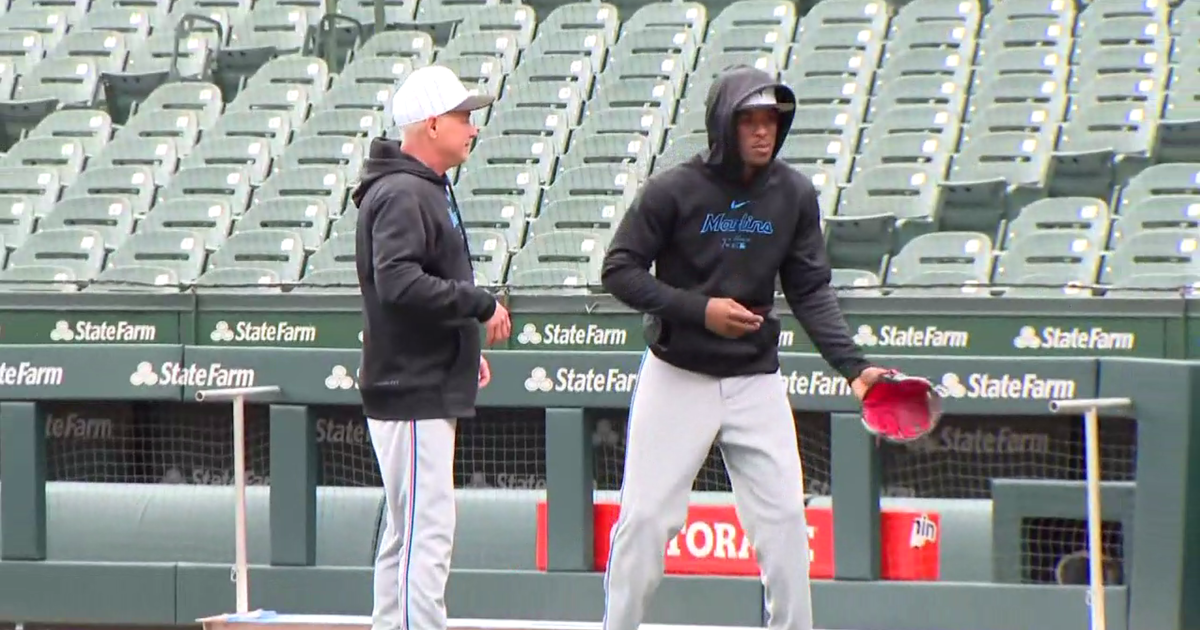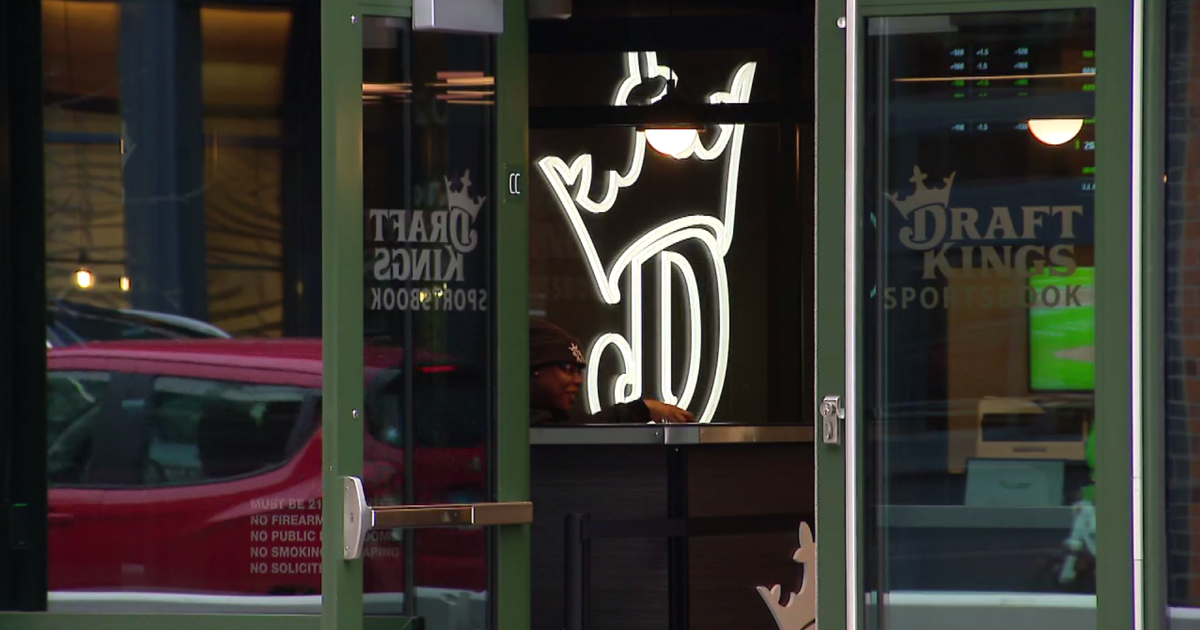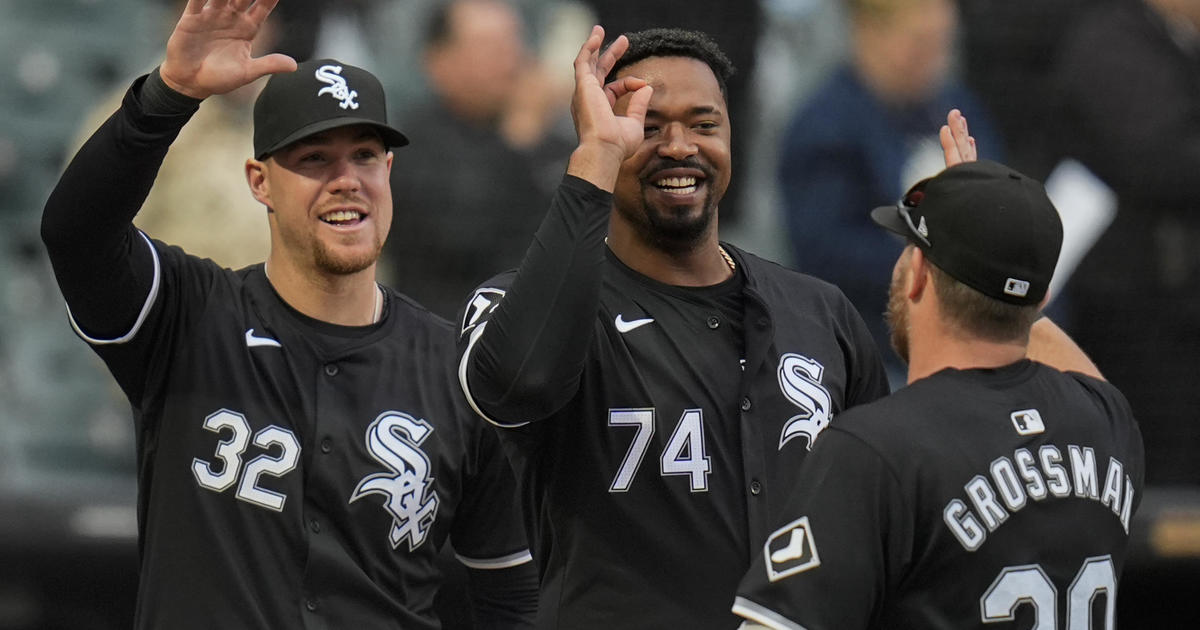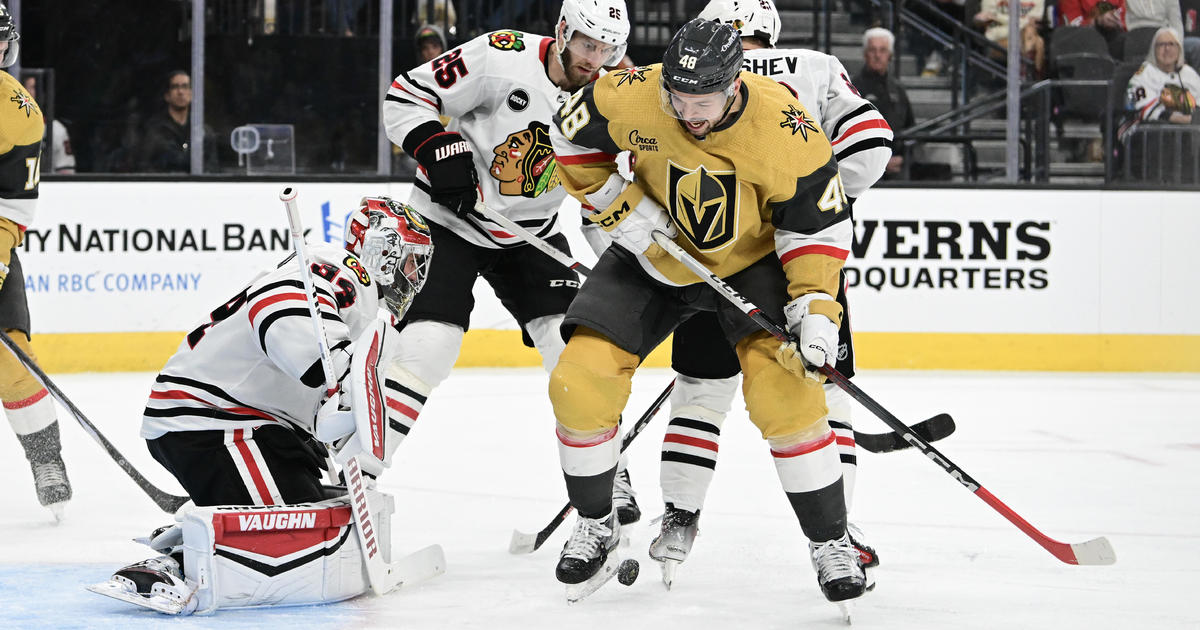Ianonne: Top 5 Historic Moments At The Masters
By Jason Iannone-
CBS Local columnist
(CBS) The Masters are almost upon us, and since its inception in 1934, it has produced many a great moment. But the laws of the universe dictate we must pick only five moments to gush about. So gush we shall. Here are the historic times that stood out the most in my mind:
5. Jack Nicklaus wins the 1986 Masters at 46
Let's kick things off with a moment that proved once and for all that golf is not just a young person's game. Jack Nicklaus was 46 years old in 1986 and thought to have his best moments behind him. He was behind by as many as five strokes, hadn't won a Masters in more than 10 years and wasn't predicted to win much for the rest of his career. If he even had a rest of a career, that is. Plenty assumed he would quietly fade away.
Nicklaus had other plans, however, playing some of the finest golf of his life and silencing his critics by finishing at 9-under, good enough to best second-place Greg Norman by a single stroke. While this was indeed the final major win of Nicklaus's career, he went out swinging and did so better than everybody else.
4. Tiger Woods dominates the 1997 Masters
Of course, golf can also be a young man's game, as Tiger Woods proved very early on. In 1997, shortly after turning pro, the 21-year-old golfing prodigy absolutely smothered his competition en route to his first Masters victory.
His final score was an 18-under-par 270. That in itself would be absolutely amazing, but what was even absolutely amazing-er is that the second-place finisher, Tom Kite, only managed to finish at 6-under. Tiger Woods had won by 12 strokes, a Masters record and the biggest margin of victory in any major golf tournament since 1862.
That record has since been broken, incidentally, also by Tiger Woods, when he won the 2000 US Open by 15 strokes and was the only player to finish below par. Consider this a gentle reminder that, before the Worst Thanksgiving Ever, Tiger Woods used to be a golf god.
3. Greg Norman chokes away the 1996 Masters
And now for a moment whose central figure would love to forget about, only we won't let him. For all his career accolades, Greg Norman has never won a Masters. In fact, his attempts at doing so were often filled with last-second heartbreak. Just when it looked like Norman had pulled it off, we'd see somebody else snatch away the jacket on the final hole.
His worst failing came at the 1996 Masters, where Norman appeared to have his first green jacket in the bag. He was up by six shots going into the final round, which seems like a large enough safety net for anybody to comfortably land upon. Not ol' Greg, though! He responded to his comfortable lead by shooting a putrid 78 in that round, or 6-over-par. Unfortunately for him, nobody else bothered to suck alongside him, and he ultimately lost the Masters by a brutal five strokes.
Yep, in just 18 holes, it was an 11-shot swing.
2. Craig Wood goes wire-to-wire at the 1941 Masters
Major golf tournaments like the Masters are typically four rounds long. Usually, whoever comes out on top at the end was behind at some point. But on rare occasions we do see a wire-to-wire victory, when somebody starts out in the lead and never lets up until they sink their final putt and win it all.
The first such occasion was one of the more memorable, mainly because it was the first. Craig Wood shot a 280, or 8-under-par, and won the Masters by three strokes. But more importantly, he always led. Byron Nelson tied him briefly in the final round but couldn't pull ahead. Wood went on to win and immortalize himself among the sport's legends.
There have been three more wire-to-wire finishes in Masters history.
1. Gary Player rockets to the 1978 championship at the last minute
And now for perhaps the greatest comeback in Masters history: Gary Player went into the final round of 1978 behind by seven strokes, which is normally another way of saying "screwed." But Player decided he would have none of that and shot an 8-under 64 over the final 18 holes. Nobody else gained enough ground to overtake him, and Player achieved an amazing come-from-behind victory.
Just to make his feat even more impressive, most of the comeback happened in the second half of that final round. In the final 10 holes, Player recorded seven birdies. Proof positive that it doesn't matter how you start the race, it's how well you finish it.
